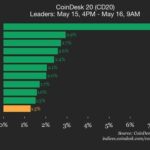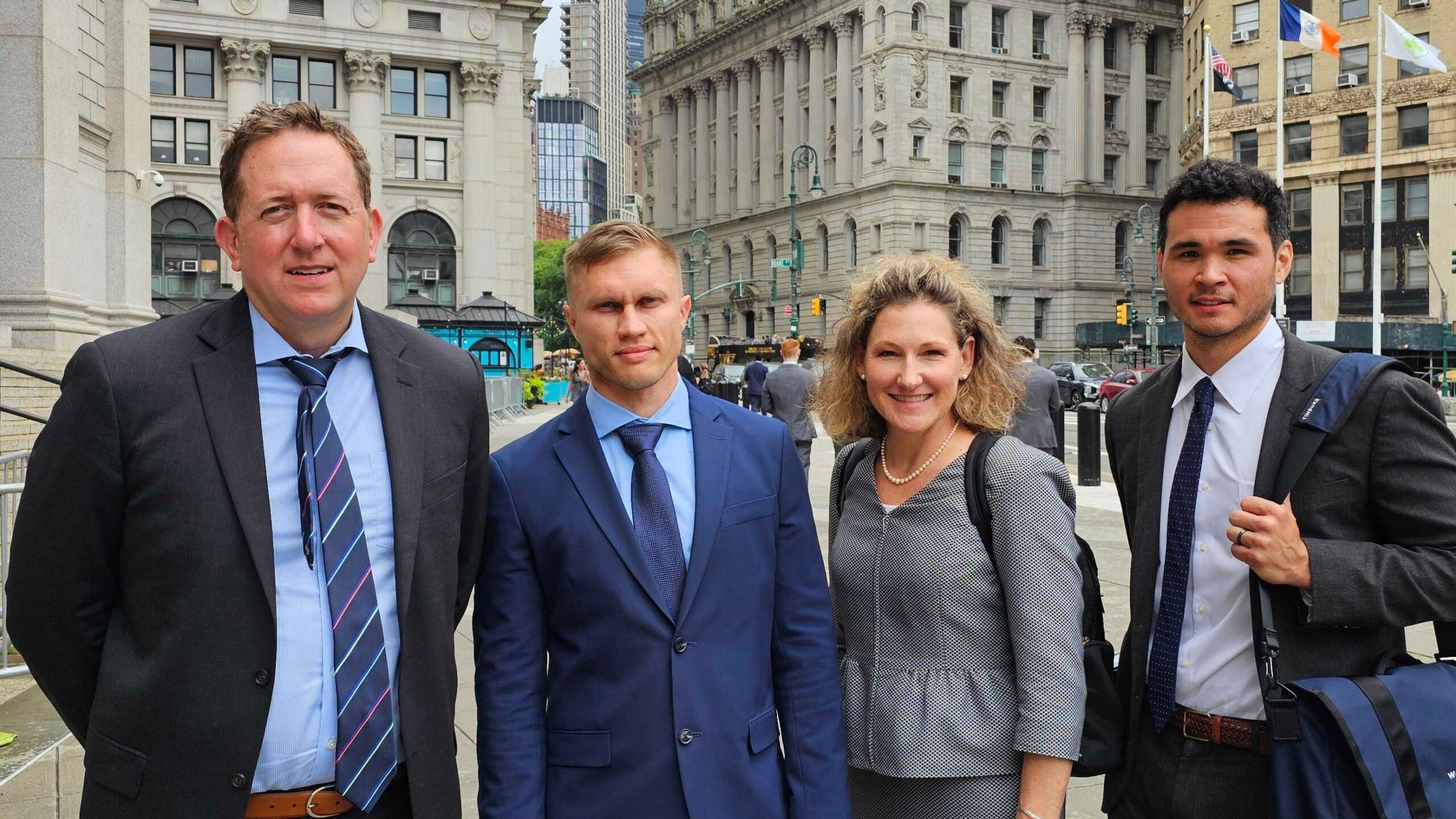
DOJ Plans to Continue Pursuing Roman Storm Case Regardless of Blanche Memo, According to Prosecutors
The U.S. Department of Justice has decided to dismiss part of its case against Tornado Cash developer Roman Storm, as stated in an announcement made on Thursday.
The DOJ will not pursue charges related to registration requirements for money transmitting businesses; however, it plans to proceed with a trial in July regarding accusations that Storm knowingly facilitated transactions linked to illicit activities, engaged in money laundering, and conspired to breach sanctions regulations, according to a letter submitted to the judge.
The letter indicated, “The Government writes to provide the Court with an update on this case, which is set for trial on July 14, 2025. After reviewing the matter, both this Office and the Deputy Attorney General’s Office have concluded that the prosecution aligns with the recent memorandum from the Deputy Attorney General dated April 7, 2025.”
The April 7 memo, drafted by Deputy Attorney General Todd Blanche, instructed prosecutors to avoid pursuing cases where the rules are ambiguous or don’t fulfill specific conditions, emphasizing an end to “regulation by prosecution.” In a related case against the Samourai Wallet developers, prosecutors have requested a delay as they analyze the implications of the memo.
In a statement, attorney Brian Klein from Waymaker LLP, who represents Storm, remarked that he believes “this case should never have been initiated.”
He added, “Dismissing it would be in line with the policies established during the Trump Administration, as well as principles outlined in the recent DOJ guidance regarding cryptocurrencies. Roman’s prosecution poses a risk to the entire crypto industry, and the pursuit of justice mandates its immediate dismissal. Our fight for Roman’s exoneration will continue.”
Klein expressed these sentiments during his remarks at CoinDesk’s Consensus 2025 conference held in Toronto on Wednesday, reiterating his stance that the case is unwarranted.
“One of the defenses we’ve raised, which is acknowledged in the United States, is that programming — specifically writing code — is protected under free speech laws,” he stated. “It’s comparable to writing a book or engaging in any other form of expressive action.”



















Post Comment